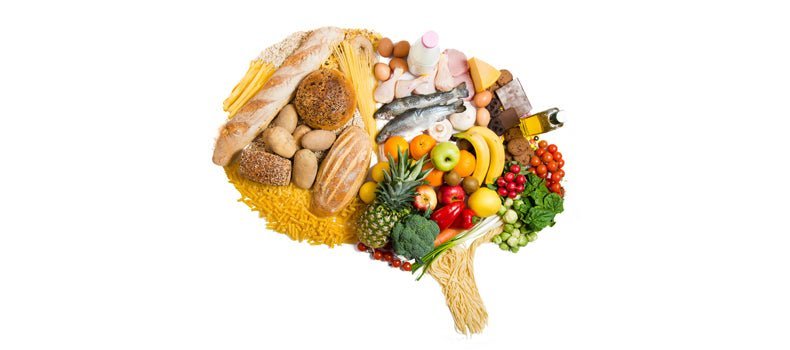Whether you’re young and developing your fine motor skills, studying, working your way up the corporate ladder, concentrating on physical work to stay safe or wanting to stay sharp and switched on during retirement, you’re using your brain. So it makes sense to eat for brain health at all stages of our life.
But what does this mean? What foods help to support a healthy brain? How can we look after our brain health with our diet to make sure we stay alert during our older years?
Here’s a look at some of the best foods to eat regularly for a healthy brain.
Omega fatty acids
Top of the list of any brain boosting foods is oily fish. Oily fish, such as herrings, sardines and salmon are rich in omega 3 fatty acids. These are a type of good fat that are crucial for supporting the development of new brain and nerve cells, which is essential for our cognitive function including, learning, memory, reasoning, communicating, problem solving, comprehension and decision making.
But, good news for vegetarians an vegans, oily fish aren’t the only foods rich in omega 3 fatty acids – walnuts and flax seeds (also called linseeds) are also good sources.
Aim to eat one to two potions of oily fish a week, or four walnut halves a day. Flax seeds can be purchased as a flavourless powder that can be added to smoothies or sprinkled over food each day as a nutritional boost.
Turmeric
Responsible for giving curries their wonderful golden yellow colour, turmeric is a spice that’s been used medicinally across many parts of the world for centuries. There are around 200 active compounds in this wonder spice, but the most studied is a compound called curcumin.
Curcumin is a powerful antioxidant and anti-inflammatory agent that has been shown in studies to help protect against dementia by helping to clear the amyloid plaques that contribute to conditions such as Alzheimer’s disease. It’s also been shown to help new brain cells develop, potentially helping to delay age related mental decline.
Consume curries with caution since they can be high in saturated fat (depending on the oil used and if it contains red meat) but enjoy them once or twice a month. Or take curcumin supplements daily.
Wholegrains
When we eat carbohydrates such as bread or pasta, the body turns the complex chains of carbohydrates into simple, shorter chains of sugar, primarily glucose.
Glucose is the brains’ preferred source of energy and without it, we’d be very sluggish and lethargic.
However, it’s best to avoid white, processed carbs such as white bread and pasta, in favour of wholegrain bread and pasta, as these are broken down much more slowly than white carbs, resulting in fewer blood sugar spikes and resulting energy lows. Aim for one or two potions each day.
Dark chocolate
Yes! Chocolate! But only in small portions, perhaps a square or two each day. Dark chocolate is full of brain supporting antioxidants called flavonoids that can help to boost cognitive function.
Broccoli
An understated superfood, broccoli is packed with vitamin K, which is essential for the blood vessels in the brain, and flavonoids that help to support brain health. Since broccoli is low in calories and contains no fat or salt, eat it to your heart’s content!



